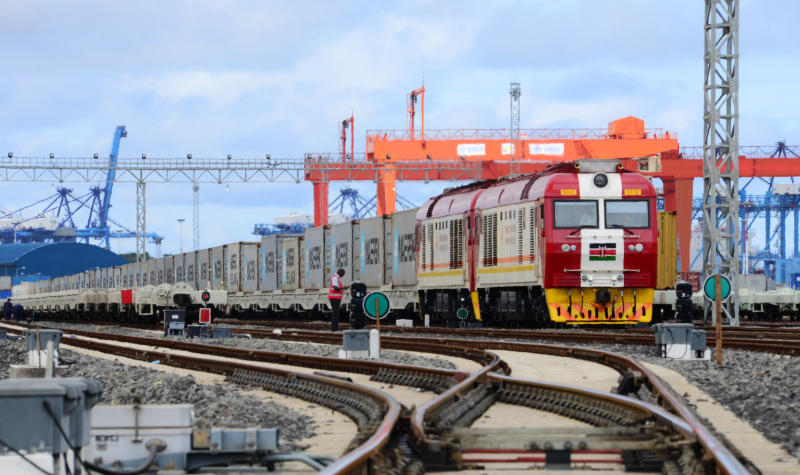
There are billboards in Nairobi city that advertise in Mandarin, or some other Chinese dialect. In fact, some parts of Nairobi - particularly in Kilimani/ Hurlingham - could easily pass for towns in China. So, putting up billboards in the ‘local’ language could be considered par for the course. In any event, we’ve invited Chinese domination with open arms. There is a Chinese hand in any number of Kenya’s key industries, not least of which is infrastructure. One infrastructure project that stands out is the Standard Gauge Railway.
The obscenely overpriced Standard Gauge Railway (SGR) is the very definition of a gravy train. As my colleague Paul Wafula wrote in ‘The Standard on Sunday’, it costs the Kenyan taxpayer Sh30 million a day to keep the train on the tracks, a figure that comes to an outstanding Sh1 billion a month. And these are just operational costs. Meanwhile, the railway made just Sh590 million from ticket sales in the six months to December 2017. This disparity between revenue and expenditure is beyond ridiculous.